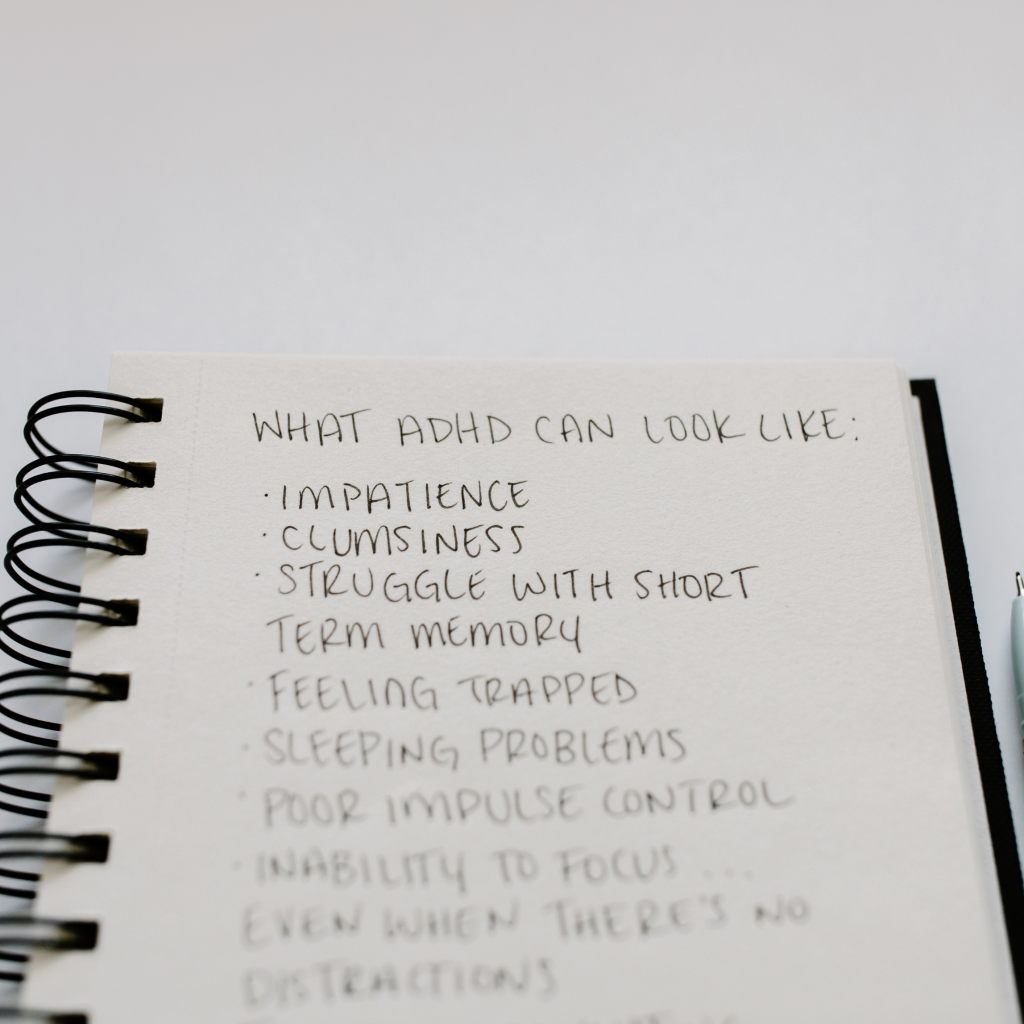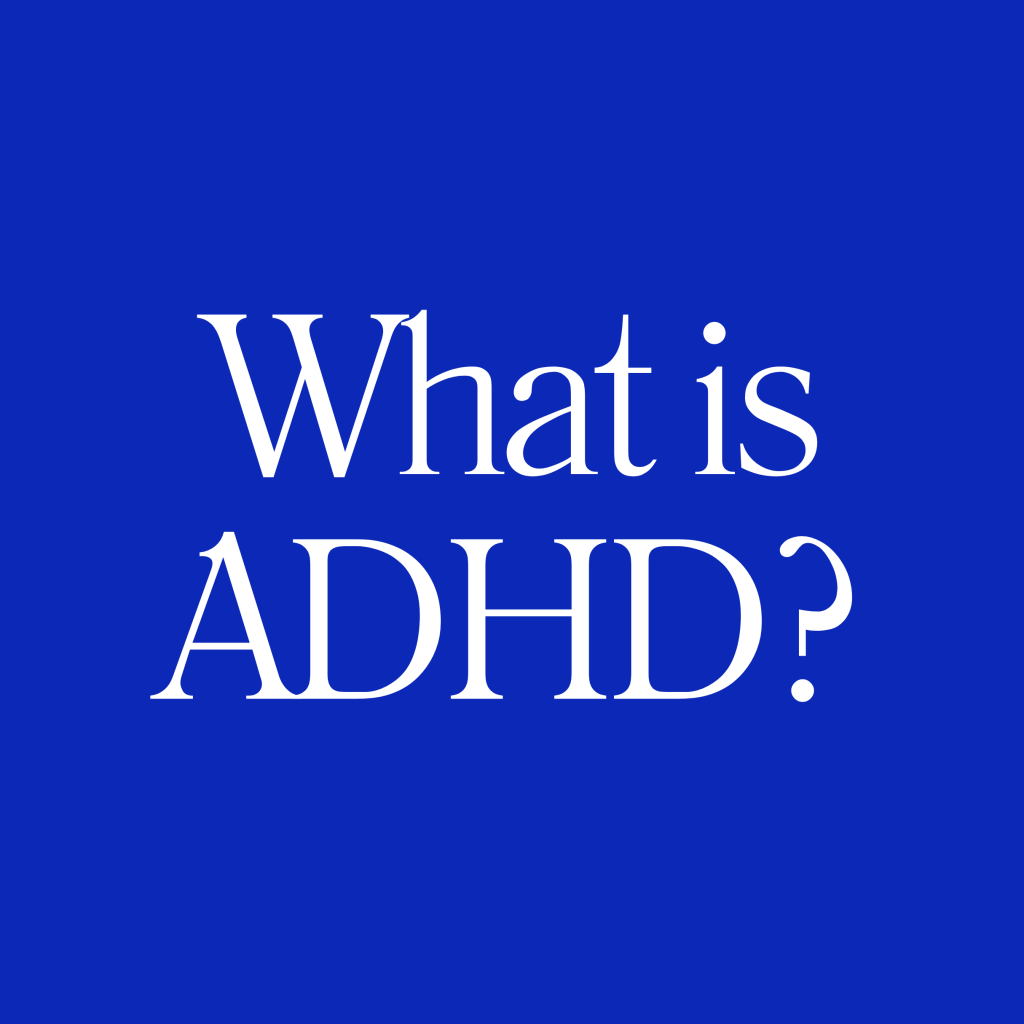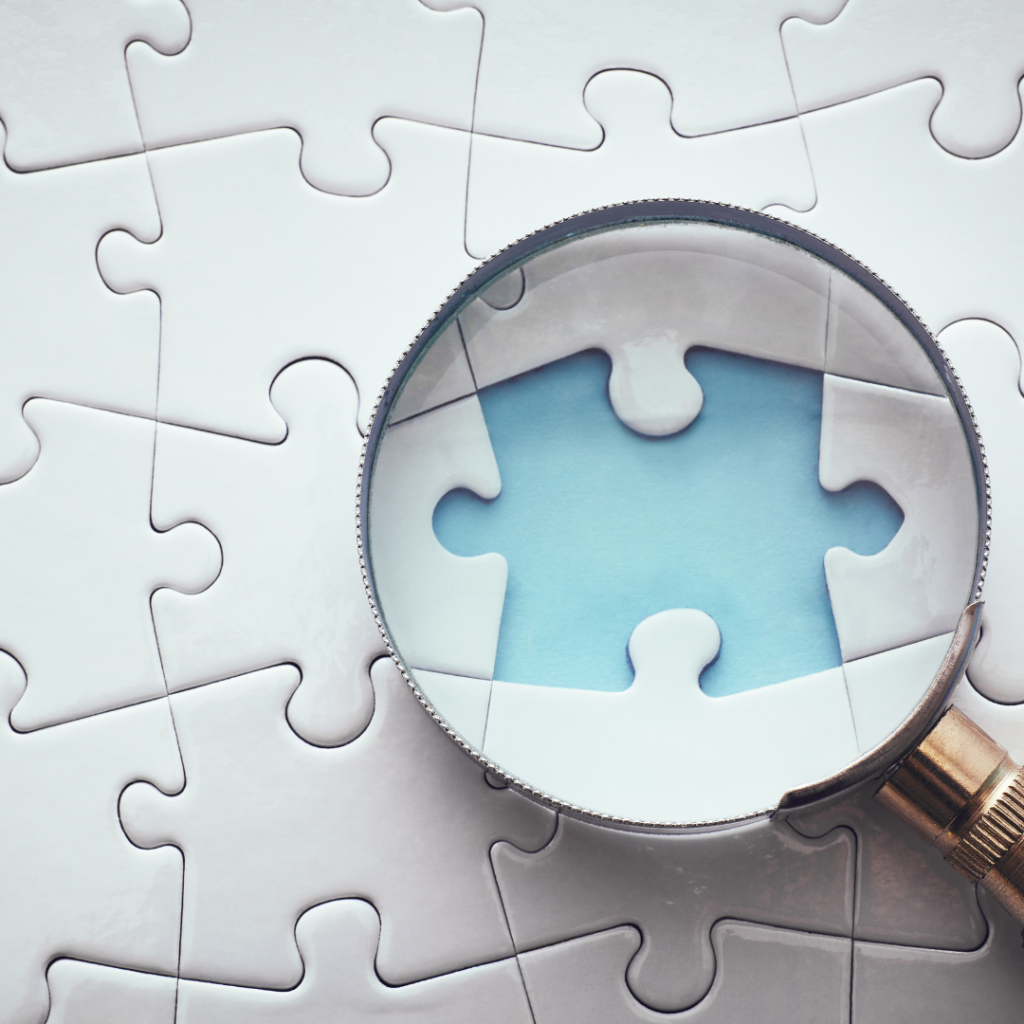What causes ADHD?
A Compassionate Look at the Science Behind the Struggle
ADHD.
These 4 letters that can stir up everything from relief to overwhelm. It is a complex, and often misunderstood condition
Here’s what we know so far
1. ADHD Is Largely Genetic
So, if you or your child has ADHD, chances are you’re not the first in the family.
Twin studies estimate that 70–80% of ADHD is genetic, meaning it’s passed down in the same way traits like eye colour or curly hair might be.
However, it’s not about a single “ADHD gene”, instead there are many variations of how the condition is expressed. The genes affect how brain chemicals like dopamine and norepinephrine work, both of which are key players in attention, motivation, and impulse control.
If you’re seeing signs of ADHD in your child, it might be worth taking a curious look at your own childhood, too. Many adults only realise they’re neurodivergent after their kids are diagnosed.
2. The ADHD Brain Looks and Works a Bit Differently
Brain imaging studies have shown that ADHD brains function a bit differently in specific regions:
Prefrontal cortex: This is your brain’s “CEO” that manages planning, decision-making, and focus. In ADHD, this area can be underactive.
Basal ganglia: Plays a role in movement and motivation. Differences here can affect how information is filtered and prioritised.
Cerebellum: Not just about balance, this region also supports timing and coordination, even in thought processes.
Dopamine dysregulation is a big part of ADHD. It’s not that there’s no dopamine, it’s that the system that uses it doesn’t work quite the same. That’s why stimulant medications (like methylphenidate) help, they boost dopamine activity, which can improve focus and reduce impulsivity.
I like Dr Halliwell’s analogy of ADHD being like a Ferrari with bicycle brakes. ADHD brains can be brilliant, fast, and creative, but managing control is the trick.
3. Early Life Factors Can Contribute
ADHD is not caused by “bad parenting” or “too much screen time.”
However, there are some prenatal and perinatal factors that can increase the risk of developing ADHD, especially in those already genetically predisposed. These include:
Premature birth or low birth weight
Prenatal exposure to alcohol, nicotine, or lead
Maternal stress or complications during pregnancy
These factors can influence brain development during critical periods, but they don’t guarantee ADHD. They’re more like drops in an already full cup—not the whole story.
4. Trauma and ADHD
Trauma doesn’t cause ADHD, but childhood adversity can mimic or amplify symptoms. And ADHD can increase the risk of experiencing trauma (like school failure, bullying, or parental conflict).
Plus, ADHD can be missed or misdiagnosed as anxiety, PTSD, or behavioural issues especially in girls or in kids who mask well. Some researchers are now exploring the overlaps between ADHD and Complex PTSD, especially in neurodiverse children in unsupported environments.
5. The Modern World Isn’t Helping
Your child didn’t get ADHD from Minecraft or Fruit Loops. But our fast-paced, screen-saturated, dopamine-hacked world? It’s not exactly ADHD-friendly.
Kids with ADHD often crave stimulation and devices deliver it fast. But they can also become overwhelmed, dysregulated, or burnt out by too much sensory input. It’s a delicate dance, and our environments play a role in symptom expression and self-regulation capacity.
Putting it all together.
ADHD is a neurodevelopmental condition primarily caused by genetic and biological factors, with some influence from environmental and prenatal experiences. It’s not caused by poor parenting, personality flaws, or modern life, though the latter factors can make it harder to cope.
Understanding what causes ADHD is empowering. It shifts the narrative from “What’s wrong with me/my child?” to “Ah, this is how our brains work, now what do we need to support that?”
Knowing the why also reduces shame. It builds bridges. It opens the door to self-compassion and more personalised care.
And if you’re a parent? It’s not your fault. You didn’t cause it. But now that you know, you can become your child’s fiercest ally.
My Final Thoughts
As a family physician, ADHD coach and with my lived experience of having ADHD in my family, I witnessed and heard the challenges ADHD can bring. But it also brings creativity, sensitivity, intuition, and spark.
When we understand the causes, we stop trying to fix our kids or ourselves and start building systems, routines, and lives that work with our brains instead of against them.





